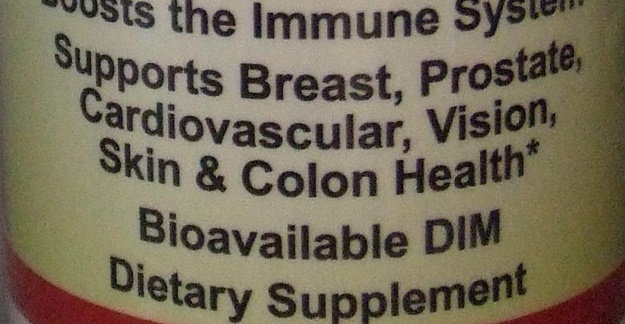The FDA appears to be taking a tougher stance on supplement manufacturers that make unsubstantiated claims that their products can treat or cure disease.
The FDA on Monday said it sent 17 warning or advisory letters to companies selling products that the firms touted treat Alzheimer’s disease. The agency said that the “products may be ineffective, unsafe and could prevent a person from seeking an appropriate diagnosis and treatment.”
Separately, FDA Commissioner Scott Gottlieb signaled that the agency would be taking steps to protect the public from potentially dangerous supplements, as well as seek to have more regulation over the industry. Unlike drugs, supplements don’t have to go through the same level of scrutiny before they hit the market.
This is thanks to the Dietary Supplement Health and Education Act (DSHEA) of 1994, which puts the onus the FDA to show a supplement is unsafe. And while the law requires that supplement manufacturers notify the FDA they are making a supplement, they don’t have to tell the agency what goes into it.
In a statement, Gottlieb said that the industry has grown exponentially since the DSHEA came out. In 1994, supplements were a $4 billion industry with about 4,000 products. Now, according to Gottlieb, it is worth about $40 billion and has as many as 80,000 products.
“I’m concerned that changes in the supplement market may have outpaced the evolution of our own policies and our capacity to manage emerging risks,” Gottlieb said. “To continue to fulfill our public health obligations we need to modernize and strengthen our overall approach to these products.”
He added he will start a “public dialogue” to see if changes to the DSHEA are necessary.






